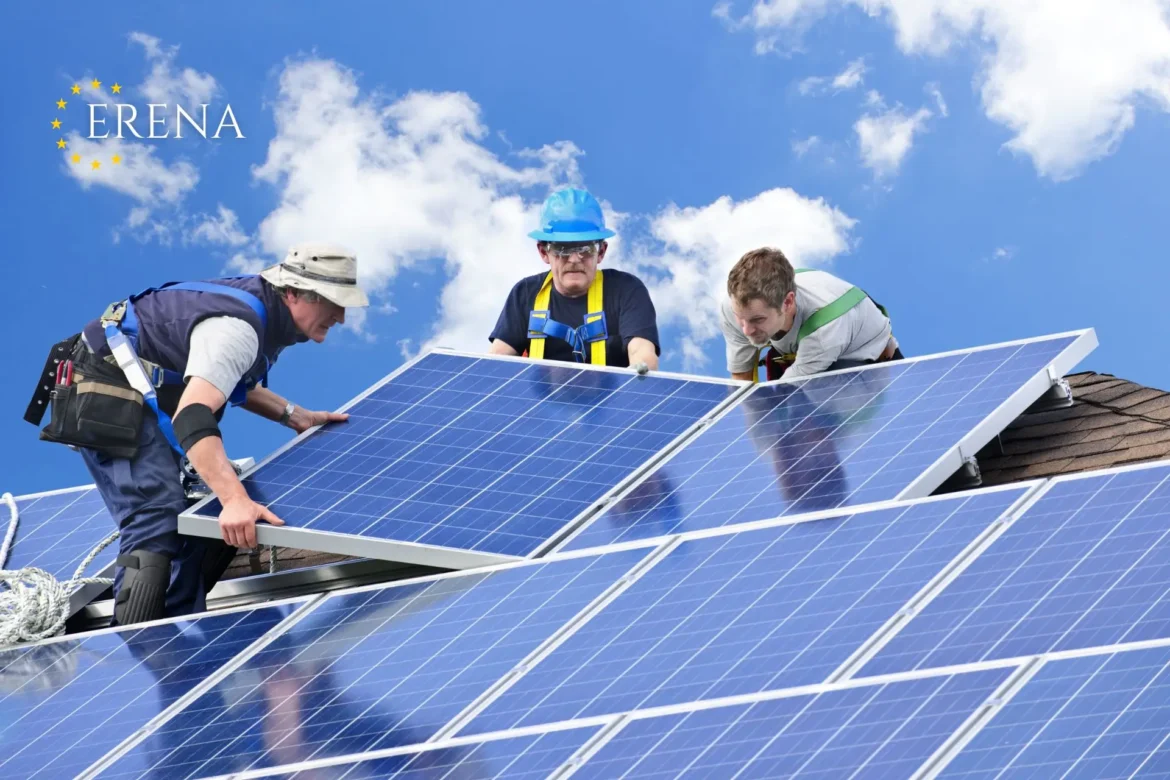France is actively implementing renewable energy sources to reduce dependence on fossil fuels and achieve carbon neutrality by 2050. Solar energy plays a key role in this transition, offering homeowners and businesses the opportunity to cut electricity costs and support eco-friendly technologies. However, before installing solar panels, it is essential to consider legal requirements, obtain necessary permits, and understand the available subsidies and financial incentives.
Permit Requirements
When Permits Are Required
Before installing solar panels in France, it is important to determine whether a special permit is required. For most residential homes, bureaucratic procedures are minimal, but certain factors may require additional approvals.
Declaration of Construction (Déclaration Préalable de Travaux)
If the installation of solar panels does not alter the overall appearance of the building, it is sufficient to submit a declaration of construction (DP) to the local town hall. The application must include installation details along with sketches and photographs.
Building Permit (Permis de Construire)
If the installation affects the architecture of the building or is carried out on non-residential properties, a building permit may be required. This is especially relevant for areas with historical significance or protected sites.
Restrictions for Cultural Heritage Sites
If a building is located in a protected area or near historic monuments, the installation of solar panels must be approved by local authorities and architectural agencies. In some cases, the installation may be prohibited or require specific solutions to minimize visual impact.
Government Subsidies and Incentives
Interest-Free Loan for Energy Renovation (Eco-PTZ)
France offers an interest-free loan (Eco-PTZ) to finance solar panel installation projects. This measure helps homeowners reduce financial burdens without paying interest.
Support from the Agency for Ecological Transition (ADEME)
ADEME finances solar panel installation projects by providing grants and subsidies. The level of support depends on the characteristics of the property and the type of system.
Self-Consumption Bonus (Prime à l’autoconsommation)
Homeowners who use the electricity generated by their solar panels for personal consumption can receive an additional premium. The payment is distributed over five years after installation.
Selling Excess Electricity
Surplus electricity can be sold to the national grid at fixed rates set by regulatory authorities. This helps accelerate the return on investment in solar panels.
Reduced VAT Rate
A reduced VAT rate of 10% instead of the standard 20% applies to solar panel installations in France. This measure is available for residential properties used as primary homes.
Regional Support Programs
Many regions in France offer additional subsidies for solar panel installations. These initiatives can significantly lower initial costs.
Choosing a Contractor and System Installation
Certified Installers
To qualify for government subsidies, it is recommended to hire certified professionals with the RGE (Reconnu Garant de l’Environnement) license. This ensures compliance with energy efficiency standards and professional expertise.
Efficiency Assessment
Before installing solar panels, it is crucial to evaluate the following factors:
• The level of solar radiation in the region,
• Roof orientation and panel inclination angle,
• Possible obstacles such as trees and buildings,
• The average level of electricity consumption.
Types of Solar Panels
There are several types of solar panels: monocrystalline, polycrystalline, and thin-film. Monocrystalline panels offer the highest efficiency, whereas polycrystalline panels provide a more affordable solution.
Operation and Maintenance
Warranty and Lifespan
Modern solar panels are designed to last 25 years or more. Manufacturers typically guarantee at least 80% power retention after 20 years of operation.
Cleaning and Maintenance
To maintain maximum efficiency, solar panels should be cleaned regularly to remove dirt and debris. It is also advisable to inspect connections and inverters periodically.
Insurance
Many insurance companies offer policies to protect solar panels from damage caused by weather conditions or accidents.
Installing solar panels in France is a promising solution for reducing electricity costs and contributing to environmental sustainability. However, before starting, it is important to review legal aspects, obtain the necessary permits, and take advantage of government subsidies. Support programs make solar energy accessible to a broad audience, while modern technology ensures high efficiency and a long lifespan for solar panels. Choosing the right equipment and a qualified contractor guarantees maximum benefits and minimizes administrative complexities.
Installation of Solar Panels in France: Permits and Subsidies
1.3K

